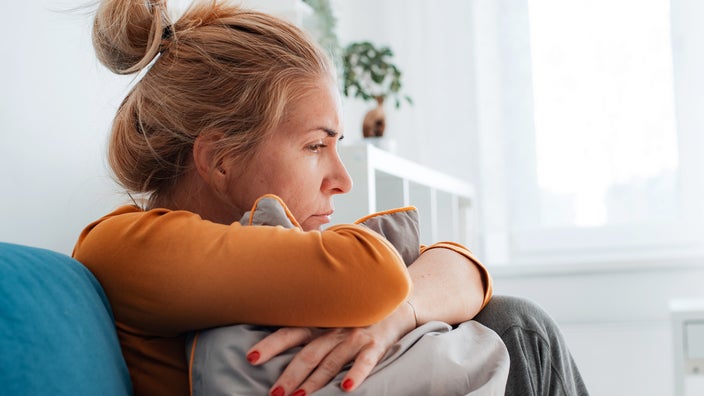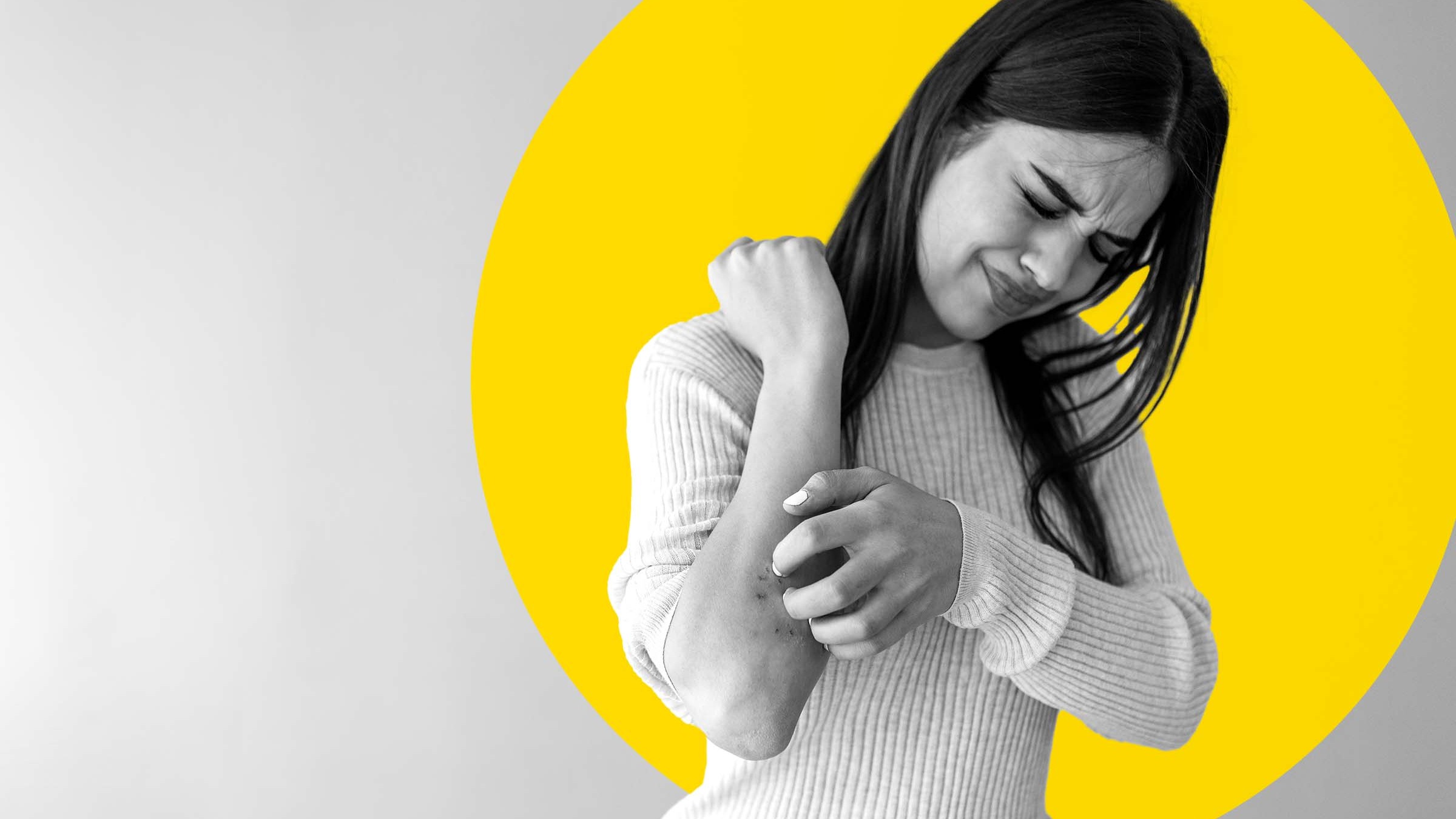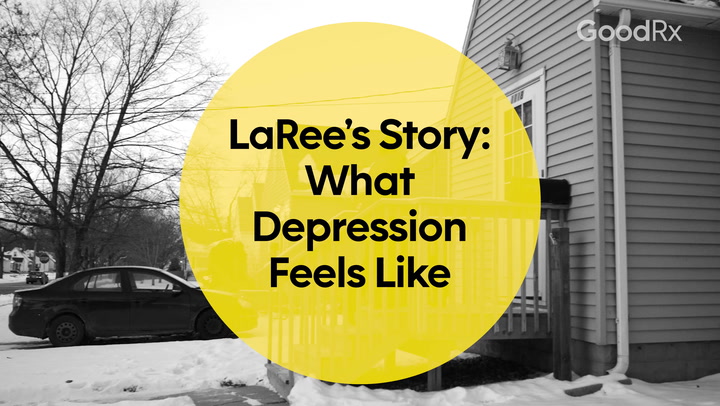
Victim Blaming: Why People Sometimes Blame Crimes on Survivors Rather Than Abusers
Key takeaways:
Victim blaming puts the responsibility of a crime, trauma, or hardship on the victim and not the perpetrator.
Saying things like “she was asking for it” or “boys will be boys” reinforces victim blaming.
Victim blaming can prevent survivors from reporting abuse and getting the support they need.

Have you ever been blamed for something awful that happened to you? Imagine if your purse was stolen and a coworker said, “If only you had stayed home.” Or imagine if you told a friend your boyfriend hit you and they asked, “What did you do to provoke him?”
These are examples of victim blaming, a harmful way of addressing crime and trauma survivors.
What is victim blaming?
Victim blaming happens when the survivor of a crime or traumatic event is partly or completely blamed for their experience and their response to that experience. People who victim blame believe the survivor had control over the situation and could have prevented it by being more careful or behaving better. This often occurs in rape and domestic violence cases, but it can occur in many other situations.
What are some examples of victim blaming?
There are many ways to victim blame, which can lead to feelings of shame, self-blame, and anxiety for survivors. Here are just a few examples of these types of comments:
“You were asking for it by dressing that way.”
“You should have known better than to get drunk.”
“You should have fought back harder.”
“As a woman, you need to submit to your man.”
“Boys will be boys.”
“Are you sure you said no?”
“You must have provoked them.”
“Women should be kept in their place.”
“You shouldn’t have had so much to drink.”
WHAT TO READ NEXT
Popular stories this week
Why do people blame victims?
The reasons people hold victims responsible for things that happen to them can vary. Some potential explanations include:
Attribution theory: Many people victim blame to make themselves feel safer and like something similar won’t happen to them. For example, a person might think, “I would never get raped because I don’t dress the way she does.” This is known as attribution.
Just-world phenomenon: Some people want to believe that the world is fair. Therefore, if something bad happens to someone, it must be their fault. A person who thinks this way might say, “You must have done something to make him hit you like that.” This theory is called the just-world phenomenon.
Hindsight bias: There are people who believe that victims of crime or trauma should have seen these events coming. This is known as hindsight bias and might sound like, “If you had stayed home instead of going out, none of this would have happened.”
Projecting uncomfortable feelings: One way some people deal with uncomfortable feelings, like shame, is to project them onto someone else. This can lead to victim blaming as a way to cope with feelings.
Disowning accountability: Some perpetrators disown their own accountability for the harm they’ve caused. This can help them protect their sense of self and maintain others’ more positive perceptions of them.
Low empathy: Some people have low empathy for others and may not be able to feel compassion toward victims.
How does blaming affect victims?
Telling a victim it’s their fault can harm their mental health and well-being. Victim blaming:
Produces feelings of fear, stigma, and self-blame
Keeps survivors from seeking support and treatment
Shifts the focus away from perpetrators
Supports abusers and doesn’t hold them accountable
Raises the risk of post-traumatic stress disorder (PTSD), depression, and suicidal ideation in victims
Delays survivors’ healing
Promotes rape myths that blame victims and free perpetrators from responsibility
How to respond to victim blaming
At one point or another, we’ve probably all participated in victim blaming without realizing it. As you become more aware of victim blaming as it’s happening, here are some strategies you can use to change the narrative:
Listen and let survivors know it’s safe to share their experiences.
Reinforce the message that victims aren’t at fault for their experiences.
Take a stand against comments that blame victims.
Stand up for people who are being harmed if it’s safe or with support from others.
Use accountable language to hold perpetrators responsible for their behavior.
Don’t accept excuses from abusers.
Guide survivors toward safe support systems, like a therapist, healthcare provider, or shelter.
Challenge your views and society’s attitudes toward racism, sexism, homophobia, and transphobia.
Make validating statements like “I believe you” and “I know this is hard, but I’m here for you.”
The bottom line
Victim blaming is an unfortunate part of our culture. It tells the victim of a crime or trauma that it was partially or completely their fault for what happened to them. This can be especially damaging for survivors of rape and domestic abuse.
Becoming aware of victim blaming is an important step toward changing attitudes. Remember to listen to survivors, tell them it’s not their fault, and direct them to safe support systems.
References
Ahrens, C. E. (2006). Being silenced: The impact of negative social reactions on the disclosure of rape. American Journal of Community Psychology.
Andre, C., et al. (2015). The just world Theory. Markkula Center for Applied Ethics.
Belair, B., et al. (2020). Helping survivors can be as simple as changing the way we speak. Partners for Peace.
EIgenberg, H., et al. (2008). Victim blaming (from Controversies in Victimology, Second Edition, P 21-36, 2008, Laura J. Moriarty, ed. — See NCJ-225281). National Criminal Justice Reference Service.
Gravelin, C. R., et al. (2019). Blaming the victim of acquaintance rape: Individual, situational, and sociocultural factors. Frontiers in Psychology.
Maryland Coalition Against Sexual Assault. (2022). Victim blaming fact sheet.
Pinciotti, C. M., et al. (2020). It won't happen to me: An examination of the effectiveness of defensive attribution in rape victim blaming. Violence Against Women.
Roese, N. J., et al. (2012). Hindsight bias. Perspectives on Psychological Science.
Sexual Assault Centre of Edmonton. (n.d.). Victim blaming.
Southern Connecticut State University. (n.d.). Rape culture, victim blaming, and the facts.
The Center for Relationship Abuse Awareness. (n.d.). Avoiding victim blaming.
For additional resources or to connect with mental health services in your area, call SAMHSA’s National Helpline at 1-800-662-4357. For immediate assistance, call the National Suicide Prevention Lifeline at 988, or text HOME to 741-741 to reach the Crisis Text Line.





























